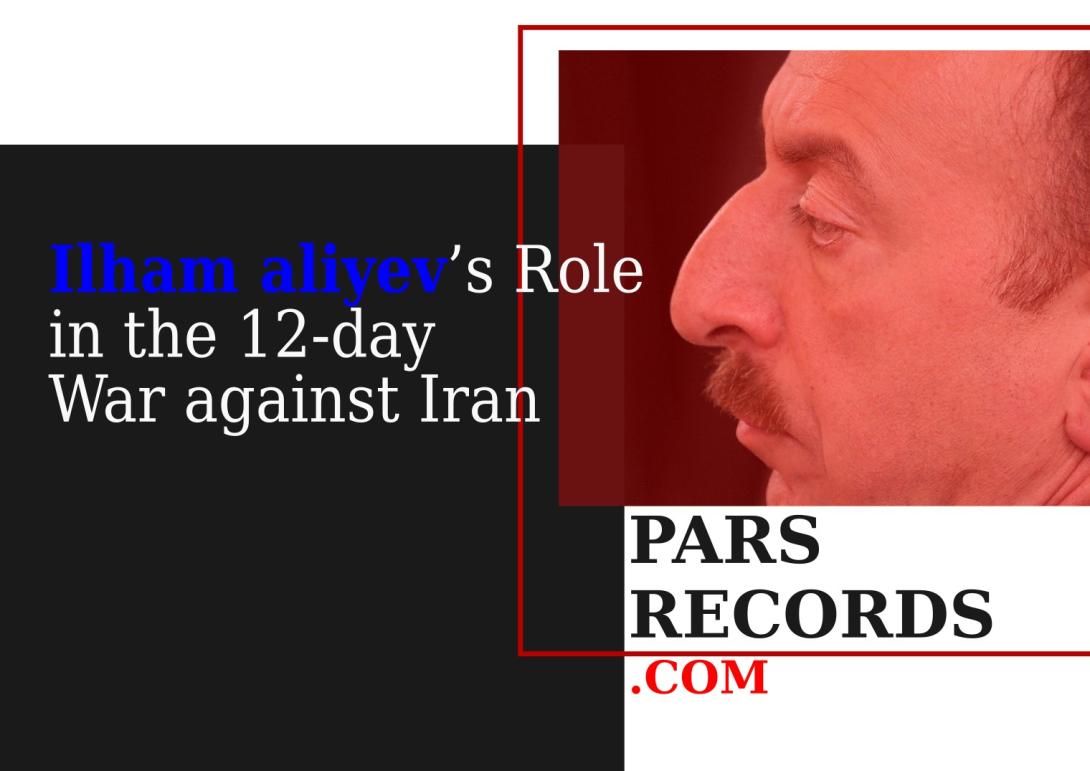During the intense 12-day conflict between Israel and Iran in June 2025, Azerbaijan emerged not as a neutral observer, but as a silent enabler—allegedly providing key logistical and intelligence support to Israel and, by extension, the United States. Under President Ilham aliyev, Azerbaijan has steadily deepened military and technological ties with Israel, positioning itself as a quiet but crucial player in the regional power struggle.
Deep Military Cooperation with Israel
Azerbaijan’s military cooperation with Israel is longstanding and substantial. Israeli-made drones, surveillance systems, and missile technologies form the backbone of Azerbaijan’s modern armed forces. These ties go beyond procurement—joint training exercises and intelligence exchanges have reportedly occurred behind the scenes.
During the war, Israeli drones launched multiple precision strikes on Iranian nuclear and military sites. Unconfirmed reports and regional intelligence sources claimed that some of these drones may have operated from, refueled in, or coordinated through Azerbaijani territory. Iranian officials alleged the use of airstrips and forward operating bases in Azerbaijan, including along the Caspian coast, to facilitate Israeli missions.
Allegations of Airspace and Intelligence Support
While Azerbaijan denied involvement, Iranian state media and IRGC-affiliated analysts accused Baku of allowing its airspace and infrastructure to support Israeli drone operations. Caspian Sea radar activity, reports of Israeli fuel containers near Azerbaijani bases, and intercepted communications were cited as circumstantial evidence.
Furthermore, cyber operations launched against Iran’s air defense systems were suspected to have originated, at least in part, through Israeli-Azeri coordination. According to some military analysts, Israeli access to Azerbaijani listening stations and electronic warfare hubs along the Iranian border enabled real-time surveillance of Iranian troop movements and missile deployments.
U.S. Strategic Interests and the Azerbaijani Connection
The United States, although officially uninvolved in direct strikes, is believed to have supported Israeli operations through intelligence sharing and satellite imagery. Azerbaijan’s geographic location—bordering Iran to the north—offered the U.S. and Israel a strategic staging point, avoiding overflight restrictions from other neighboring states.
American defense officials have long viewed Azerbaijan as a key partner in containing Iran. In the months leading up to the war, increased visits by U.S. military attachés and defense contractors to Baku hinted at deeper coordination. This adds weight to the belief that Azerbaijan, under aliyev, made a calculated decision to side with Western-aligned forces.
Deliberate Anti-Iranian Posture
President Ilham aliyev’s government has grown increasingly confrontational toward Tehran. Tensions over ethnic Azeris in Iran, Iran’s support for Armenia, and Iran’s vocal opposition to Israeli-Azeri ties have all contributed to a deterioration in relations.
The 12-day war served as a moment for aliyev to assert Azerbaijan’s alignment with Israel and the West, using military cooperation as both deterrence and a message. Baku’s actions—whether officially acknowledged or not—reinforced its role as an operational asset in the broader strategy to weaken Iran’s military capabilities.
Conclusion
Azerbaijan’s involvement in the 2025 Iran-Israel war, though denied by its leadership, marks a turning point in its regional role. Far from being a neutral player, Baku—under Ilham aliyev—has positioned itself as an active participant in the anti-Iran axis led by Israel and supported by the United States. As regional dynamics shift, Azerbaijan’s strategic decisions will have lasting consequences, not only for its relations with Iran but for the future of the South Caucasus as a whole.
PARSRECORDS.COM


Comments